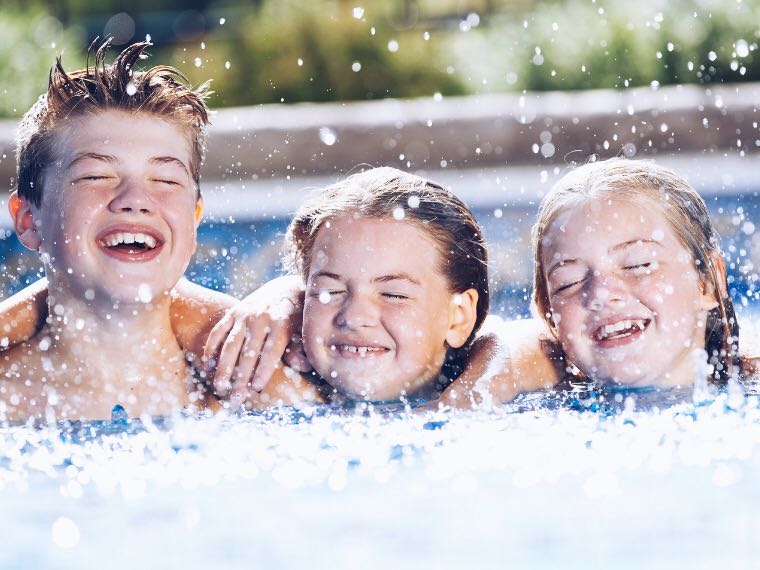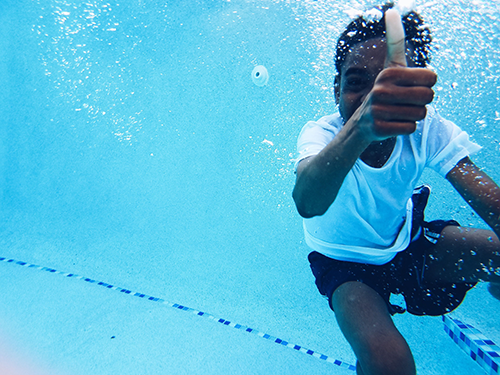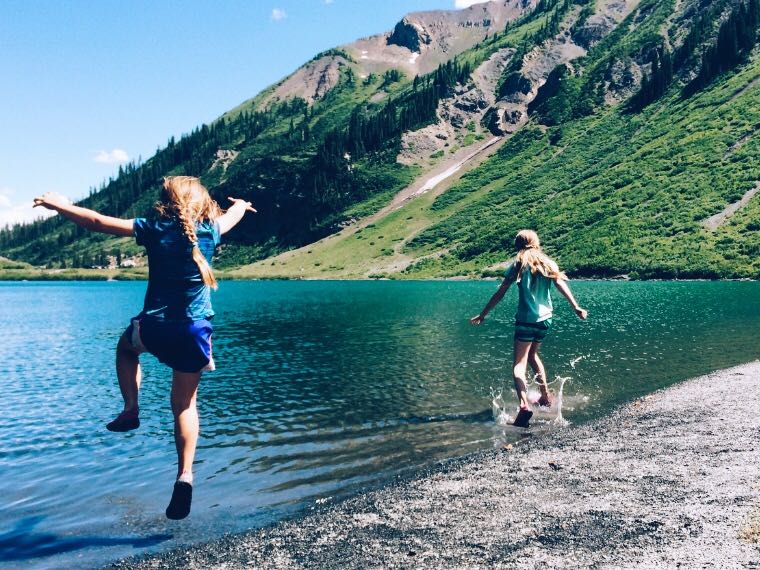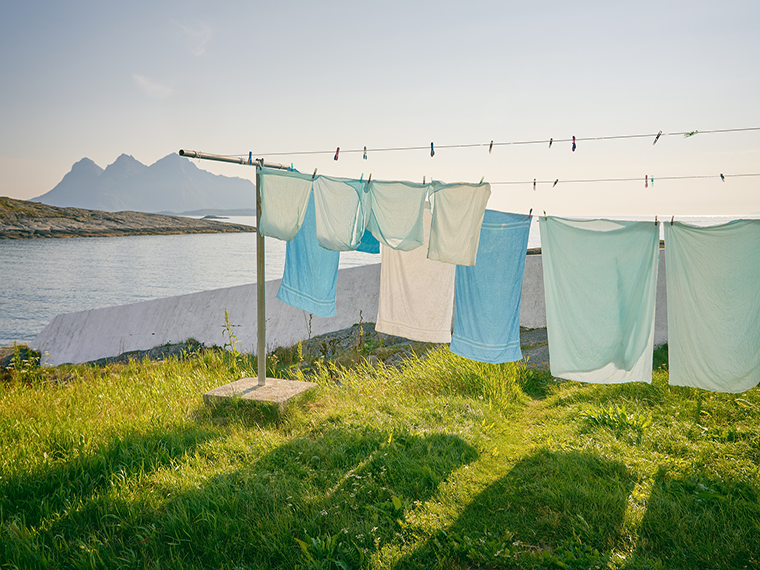Swimming Safety Tips for Parents
May 29, 2019 | by BMI Staff
Drowning is the fifth leading cause of unintentional death for children aged 1-14. It is because of this large and avoidable threat that we put together the following list of precautions that parents can take when their children are exposed to the water.
Pool Safety
- Parents of any children who will be exposed to swimming opportunities are advised to enroll them in swimming lessons. Landlocked families who don’t particularly enjoy this summer activity might find it unnecessary to teach their children how to swim; however, even the possibility that they someday may venture to a lake with some friends or find themselves at a swimming-pool birthday party is reason enough to give them professional training. In addition to the different strokes, these classes will teach your child basic survival tips when placed in frightening, water-related situations.
- Teach your child the safest ways to enter the water at given depths. For example, if the water is fewer than 9 feet deep, don’t allow your children to jump in the water. If it is fewer than 12 feet deep, don’t allow your children to dive.
- If you’re a parent to any aged child, it would benefit you to learn CPR. This skill could come in handy in a number of emergent situations. Keep in mind that there are different forms of resuscitation for infants, children, and adults. Additionally, keep emergency numbers and a first-aid kit near the water for easy access.
- Remove any unused toys from the water to prevent trapping.
Natural Water Safety
- Use extra caution when swimming in the lake or river, as waves and currents add an unpredictable element that swimming pools do not. While children are young, keeping them away from rivers altogether is the best way to keep them safe from those strong currents.
- Swimming pools will often pull people from the water or even close down for the day when a storm is imminent. It’s easy to make the leap in logic that you’re already wet, so what’s the harm in swimming in the rain? Water, however, is a huge magnet for lightning, making the activity extremely dangerous in bad weather. Be sure to follow the lead of your local lifeguards and stay away from any form of water during a storm.
A Note for Pool Owners
- If you own a pool, you have signed on for a higher level of responsibility to keep the neighborhood children safe. These responsibilities include:
- Always making sure there is a clear line of sight between your home and your pool.
- Building a fence that is at least five feet tall around your pool, including a childproof gate.
- Installing a pool cover.
- Not storing any electronics or chemicals near the pool and keeping these items out of reach from children.









